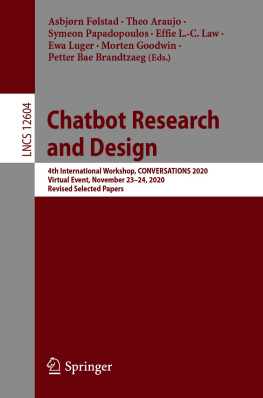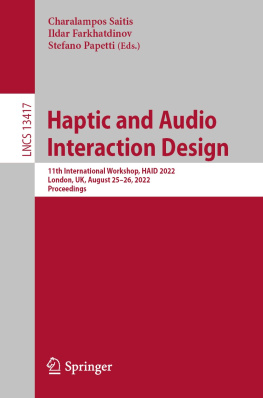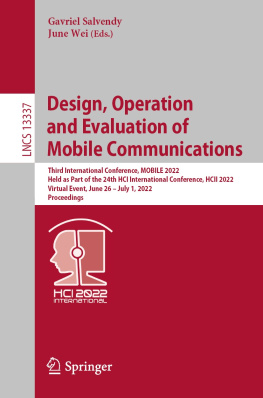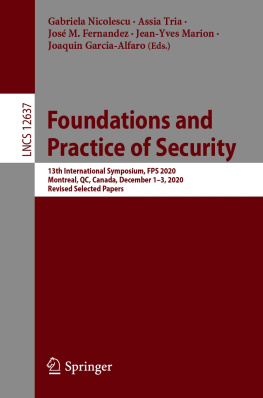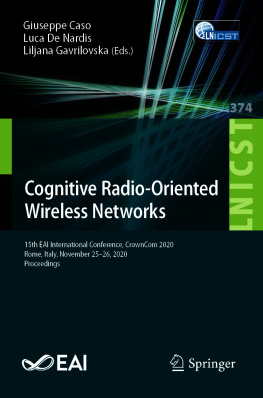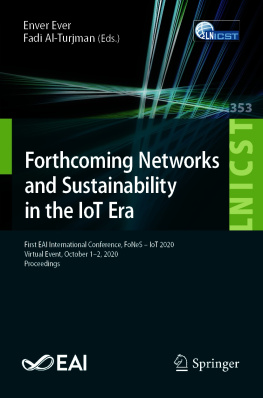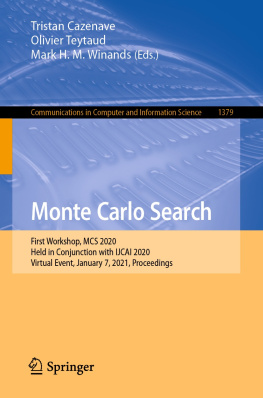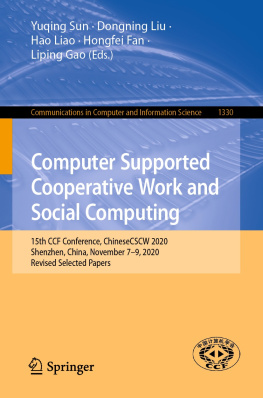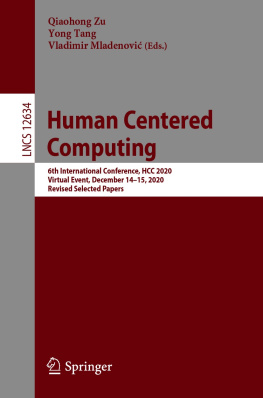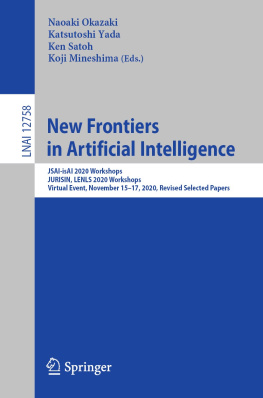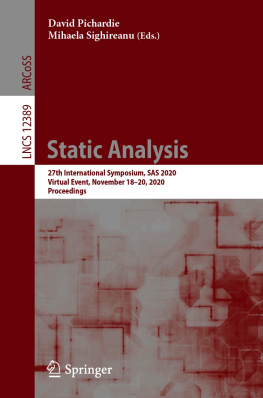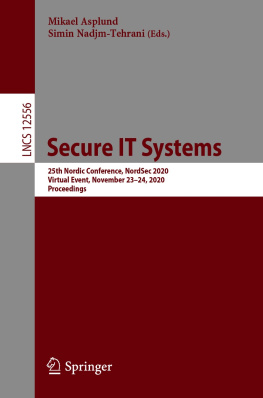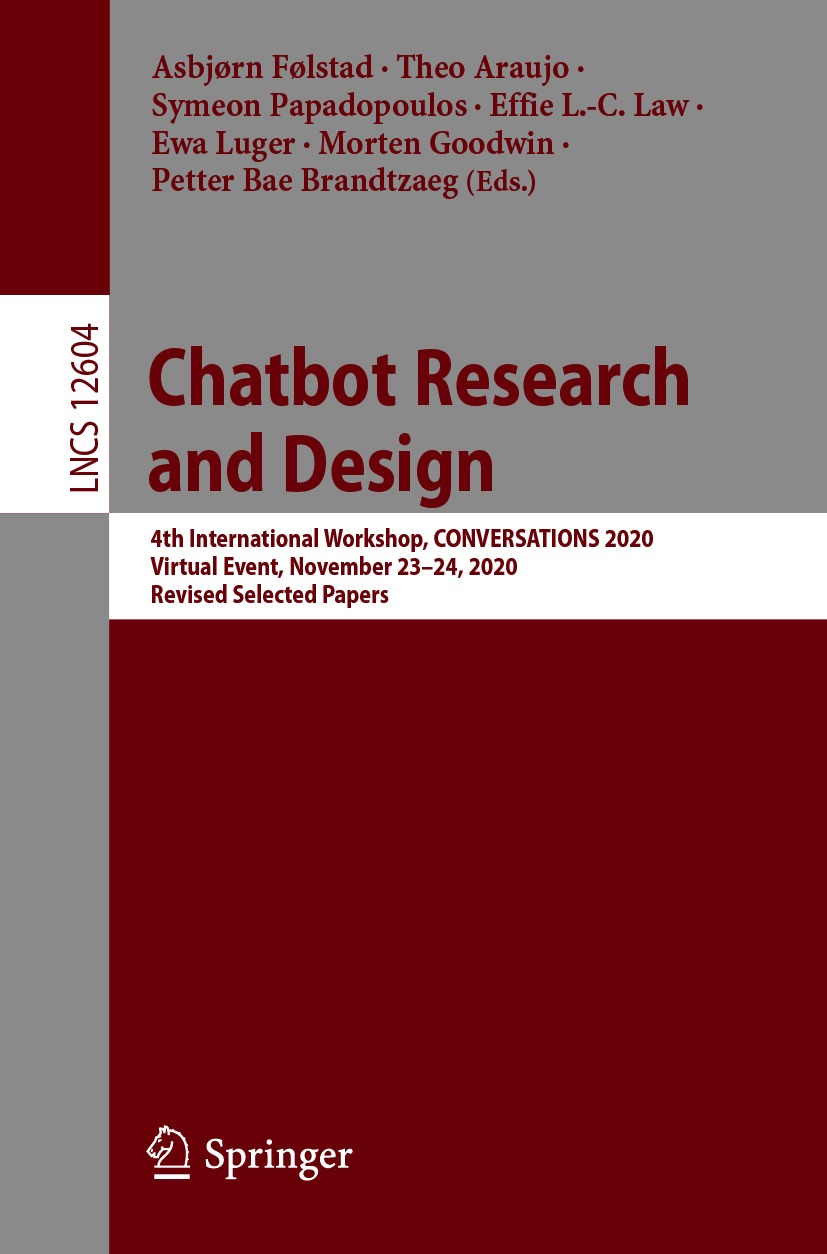Volume 12604
Lecture Notes in Computer Science Information Systems and Applications, incl. Internet/Web, and HCI
Editorial Board
Elisa Bertino
Purdue University, West Lafayette, IN, USA
Wen Gao
Peking University, Beijing, China
Bernhard Steffen
TU Dortmund University, Dortmund, Germany
Gerhard Woeginger
RWTH Aachen, Aachen, Germany
Moti Yung
Columbia University, New York, NY, USA
Founding Editors
Gerhard Goos
Karlsruhe Institute of Technology, Karlsruhe, Germany
Juris Hartmanis
Cornell University, Ithaca, NY, USA
More information about this subseries at http://www.springer.com/series/7409 The series Lecture Notes in Computer Science (LNCS), including its subseries Lecture Notes in Artificial Intelligence (LNAI) and Lecture Notes in Bioinformatics (LNBI), has established itself as a medium for the publication of new developments in computer science and information technology research and teaching.
The cornerstone of LNCS's editorial policy is its unwavering commitment to report the latest results from all areas of computer science and information technology research, development, and education. LNCS has always enjoyed close cooperation with the computer science R & D community, with numerous renowned academics, and with prestigious institutes and learned societies. Our mission is to serve this community by providing a most valuable publication service.
LNCS commenced publication in 1973 and quite rapidly attracted attention, not least because of its thus far unprecedented publication turnaround times. The 1980s and 1990s witnessed a substantial growth in the series, particularly in terms of volumes published. In the late 1990s we developed a systematic approach to providing LNCS in a full-text electronic version, in parallel to the printed books. Another new feature introduced in the late 1990s was the conceptualization of a couple of color-cover sublines. Still, original research results reported in proceedings and postproceedings remain the core of LNCS.
Editors
Asbjrn Flstad , Theo Araujo , Symeon Papadopoulos , Effie L.-C. Law , Ewa Luger , Morten Goodwin and Petter Bae Brandtzaeg
Chatbot Research and Design
4th International Workshop, CONVERSATIONS 2020, Virtual Event, November 2324, 2020, Revised Selected Papers
1st ed. 2021

Logo of the publisher
Editors
Asbjrn Flstad
SINTEF, Oslo, Norway
Theo Araujo
University of Amsterdam, Amsterdam, The Netherlands
Symeon Papadopoulos
CERTH-ITI, Thessaloniki, Greece
Effie L.-C. Law
University of Leicester, Leicester, UK
Ewa Luger
University of Edinburgh, Edinburgh, UK
Morten Goodwin
University of Agder, Grimstad, Norway
Petter Bae Brandtzaeg
University of Oslo, Oslo, Norway
ISSN 0302-9743 e-ISSN 1611-3349
Lecture Notes in Computer Science Information Systems and Applications, incl. Internet/Web, and HCI
ISBN 978-3-030-68287-3 e-ISBN 978-3-030-68288-0
https://doi.org/10.1007/978-3-030-68288-0
Springer Nature Switzerland AG 2021
This work is subject to copyright. All rights are reserved by the Publisher, whether the whole or part of the material is concerned, specifically the rights of translation, reprinting, reuse of illustrations, recitation, broadcasting, reproduction on microfilms or in any other physical way, and transmission or information storage and retrieval, electronic adaptation, computer software, or by similar or dissimilar methodology now known or hereafter developed.
The use of general descriptive names, registered names, trademarks, service marks, etc. in this publication does not imply, even in the absence of a specific statement, that such names are exempt from the relevant protective laws and regulations and therefore free for general use.
The publisher, the authors and the editors are safe to assume that the advice and information in this book are believed to be true and accurate at the date of publication. Neither the publisher nor the authors or the editors give a warranty, expressed or implied, with respect to the material contained herein or for any errors or omissions that may have been made. The publisher remains neutral with regard to jurisdictional claims in published maps and institutional affiliations.
This Springer imprint is published by the registered company Springer Nature Switzerland AG
The registered company address is: Gewerbestrasse 11, 6330 Cham, Switzerland
Preface
Introduction
Chatbots see continued uptake in a range of application areas. Spurred by interest from industry and service providers, chatbot research is a rapidly growing field with an exponential increase in scientific publications in the last few years. Research areas span from the examination of evolving patterns of use and user experience (UX) to conversational design and studies about the technologies underpinning chatbots such as natural language processing and machine learning. Research also increasingly addresses specific application areas and use cases. For example, research on social and relational chatbots is receiving growing attention; so are chatbots in areas such as customer service, education, health, and commerce. Research is also addressing the potential social implications of chatbots, exploring how chatbots impact individuals patterns of technology use, how chatbots can provide information and support in challenging situations such as the ongoing COVID-19 pandemic and how to facilitate compliance with ethical norms or avoid ethical and normative pitfalls in chatbot development and applications.
In consequence of the increased interest in chatbot research, and the potential social and industrial impact of conversational technology, there is a need to establish arenas for chatbot researchers and practitioners to share, discuss, and collaborate. This is particularly important given the interdisciplinary nature of this field of research, spanning disciplines within the humanities, social sciences, human-computer interaction, technology research, design, and management.
Motivated by this need, we established an international workshop series for chatbot researchers to share work and experiences with fellow researchers, students, and practitioners. CONVERSATIONS 2020 ( https://conversations2020.wordpress.com/ ) was the fourth event in this series, held on November 23-24, 2020. The University of Amsterdam hosted the workshop, in collaboration with SINTEF, CERTH, University of Leicester, University of Edinburgh, University of Agder, and University of Oslo. This year the workshop was organized as a fully virtual online event due to the COVID-19 pandemic. In total 150 participants from 31 countries registered for the online workshop.
Paper Invitation, Review, and Revision
We distributed the workshop call for papers to researchers in the field of chatbot research, and to relevant general mailing lists within fields such as human-computer interaction and information systems research. In the call for papers, three submission categories were outlined: Full papers, position papers, and demos. In total, 36 submissions were made to the workshop: 26 full papers, eight position papers, and two demos. A rigorous double-blind review process was conducted with three independent reviewers from the program committee providing detailed feedback on each submission. In addition, each paper was appointed a review lead from the group of workshop organizers coordinating the review process for the paper, proposing a decision recommendation, and providing meta-reviews for accepted papers. Acceptance decisions were made in a dedicated workshop organizers meeting.

